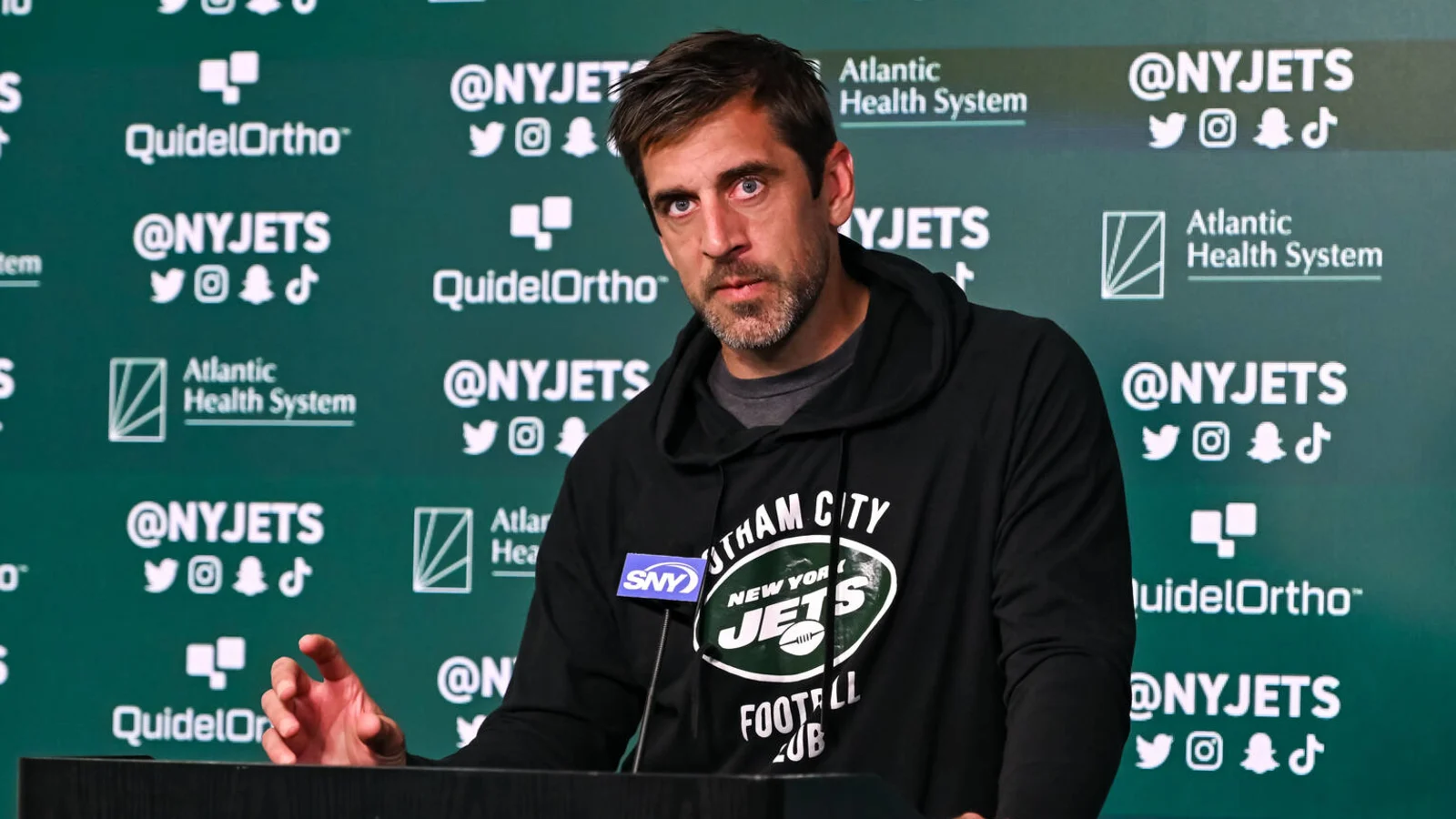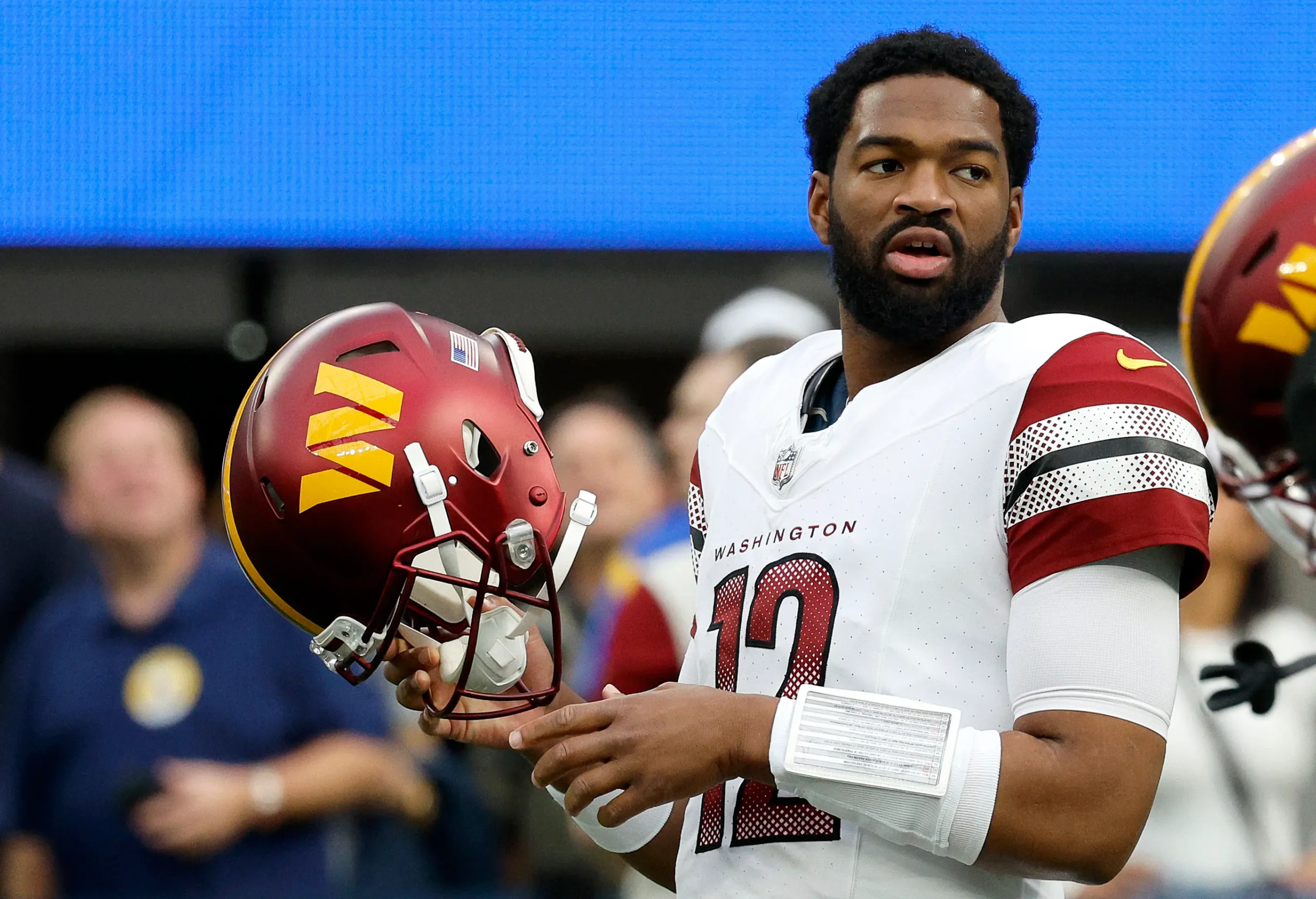Aaron Rodgers: Robert Saleh is more involved in the offense.
This departure from the traditional model, where the head coach typically focuses on their expertise (often defense for former defensive coordinators like Saleh) and delegates offensive responsibilities to the coordinator, is notable.
Aaron Rodgers, the Jets’ quarterback, has indicated that Saleh has been heavily involved in the offensive discussions and has contributed valuable ideas and concepts. This increased involvement from Saleh suggests a hands-on approach to addressing the team’s offensive challenges.
The decision to have Saleh play a more active role in the offense could be seen as a response to the perceived shortcomings of offensive coordinator Nathaniel Hackett. There’s criticism that Hackett failed to adapt the offense effectively to suit the skills of quarterback Zach Wilson after Rodgers suffered an injury early in the season.
The situation is complicated by the uncertainty surrounding Rodgers’ future with the team. The Jets may have continued with the offensive system favored by Rodgers in case he returned, but they also need to prepare for the possibility of him getting injured again, given his age and recent injury history.
Overall, the Jets’ decision to have Saleh involved in the offense could be viewed as a pragmatic response to the team’s offensive struggles and the need to be adaptable in the face of uncertainty. Whether it’s characterized as desperation or necessity, it reflects the reality of the Jets’ situation as they seek to improve their offensive performance and prepare for various eventualities, including potential changes at the quarterback position.



